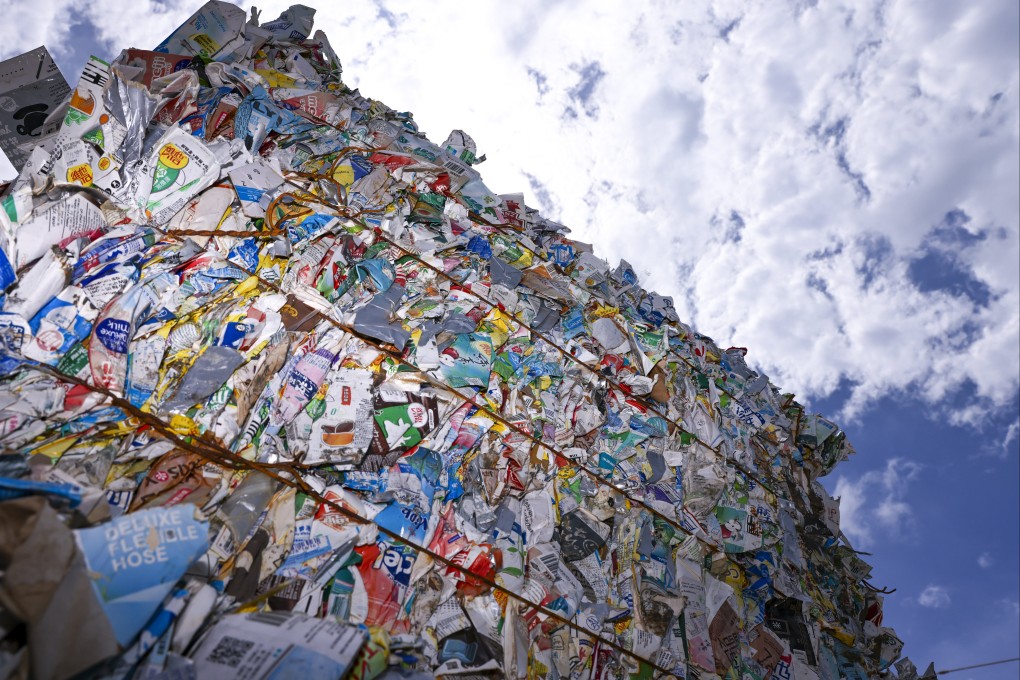Advertisement
Opinion | How digital tech can revolutionise Hong Kong’s industries in climate fight
- Research shows that AI, machine learning and automation can accelerate decarbonisation and cut emissions by up to 20 per cent by 2050
- Scaled up across industries, digital solutions could be most effective at reducing emissions in the three highest-emitting sectors – energy, materials and transport
Reading Time:3 minutes
Why you can trust SCMP
1

Climate change is the defining crisis of our time and a rapidly escalating issue that has left many feeling hopeless and helpless. Thankfully, new initiatives and developments are taking shape, giving government and certain industry segments some power to take action to reduce emissions.
In 2020, former chief executive Carrie Lam Cheng Yuet-ngor said Hong Kong would strive to achieve carbon neutrality by 2050. Last October, Hong Kong’s Climate Action Plan 2050 was announced, setting out strategies and measures to reduce carbon emissions as well as an interim target to halve emissions before 2035, using 2005 as a base.
Getting to net zero is critical to insulating the world against the worst effects of climate change. And digital technologies, such as artificial intelligence (AI), machine learning and automation – scaled up across industries – have the power to accelerate decarbonisation efforts and reduce emissions by up to 20 per cent by 2050, according to Accenture research.
Advertisement
More than that, scaled-up digital solutions could be most effective at reducing emissions in the three highest-emitting sectors – energy, materials and mobility.
But to make this a reality, high-emitting industry sectors must rethink their strategies to leverage efficiency, circularity and sustainability.
With digital solutions, Hong Kong’s energy sector can reduce its carbon-intensive operations and emissions. To transition to more renewable energy sources, utility suppliers need better methods to estimate how much total energy is required so they can make better use of resources and fill any gaps with renewables.
Advertisement
Select Voice
Select Speed
1.00x
.jpg?itok=3iIVjYUH&v=1664501905)